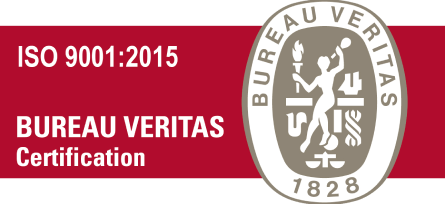Due diligence is a crucial process in all kinds of business deals, such as mergers and acquisitions and private equity, venture capital investment, and even initial public offerings. Due diligence is also required for numerous financial transactions, including mortgages and loans. During the due diligence phase it is essential that companies conduct thorough checks to avoid unpleasant surprises once the deal has been concluded.
There are numerous types of due diligence, and each requires a unique method of conducting it. Due diligence can take many forms.
A review of financial records and documents like balance sheets and profit and loss statements. This usually involves an examination of contracts related to tangible assets, such as vehicles and equipment. It could also include an examination of a company’s tax status in order to identify potential tax obligations and opportunities.
Legal due diligence is reviewing consolidating legal structures such as ownership agreements, legal structures, and the most recent and historical corporate documents. It redefining business transparency with VDR-driven collaborations is essential to keep in mind any possible litigation that is pending and any settlements or judgments.
The term “Regulatory Due Diligence” refers to the process of assessing a target company’s compliance to government regulations and laws. This is particularly important in industries that are heavily controlled like healthcare or finance. This kind of due diligence typically includes a review of the company’s licenses, permits, and regulatory compliance history. It may also include a review of the company’s conformity with industry standards and best practices. It’s usually recommended to get the help of experts or advisory firms to conduct this type of due diligence.





